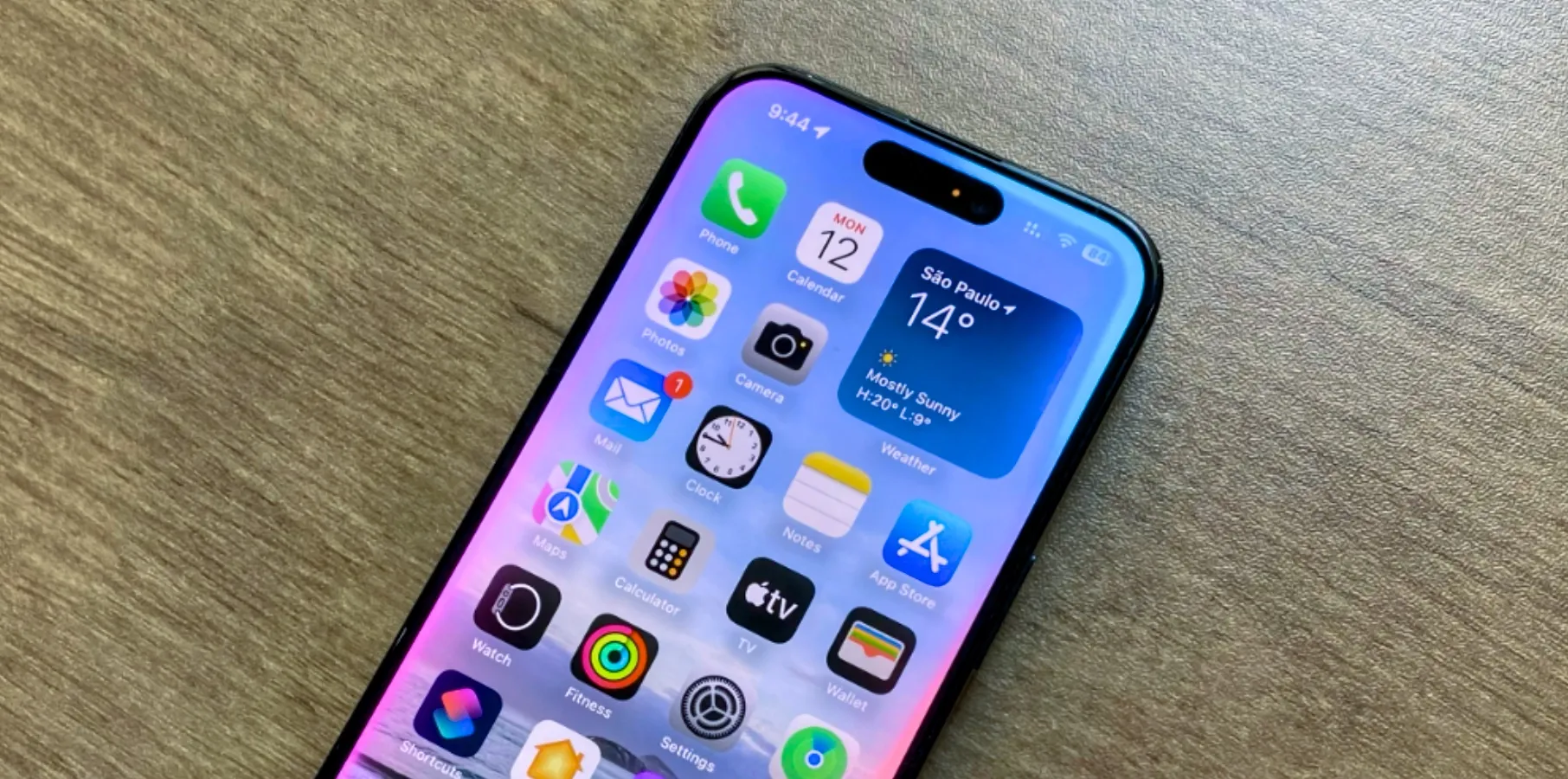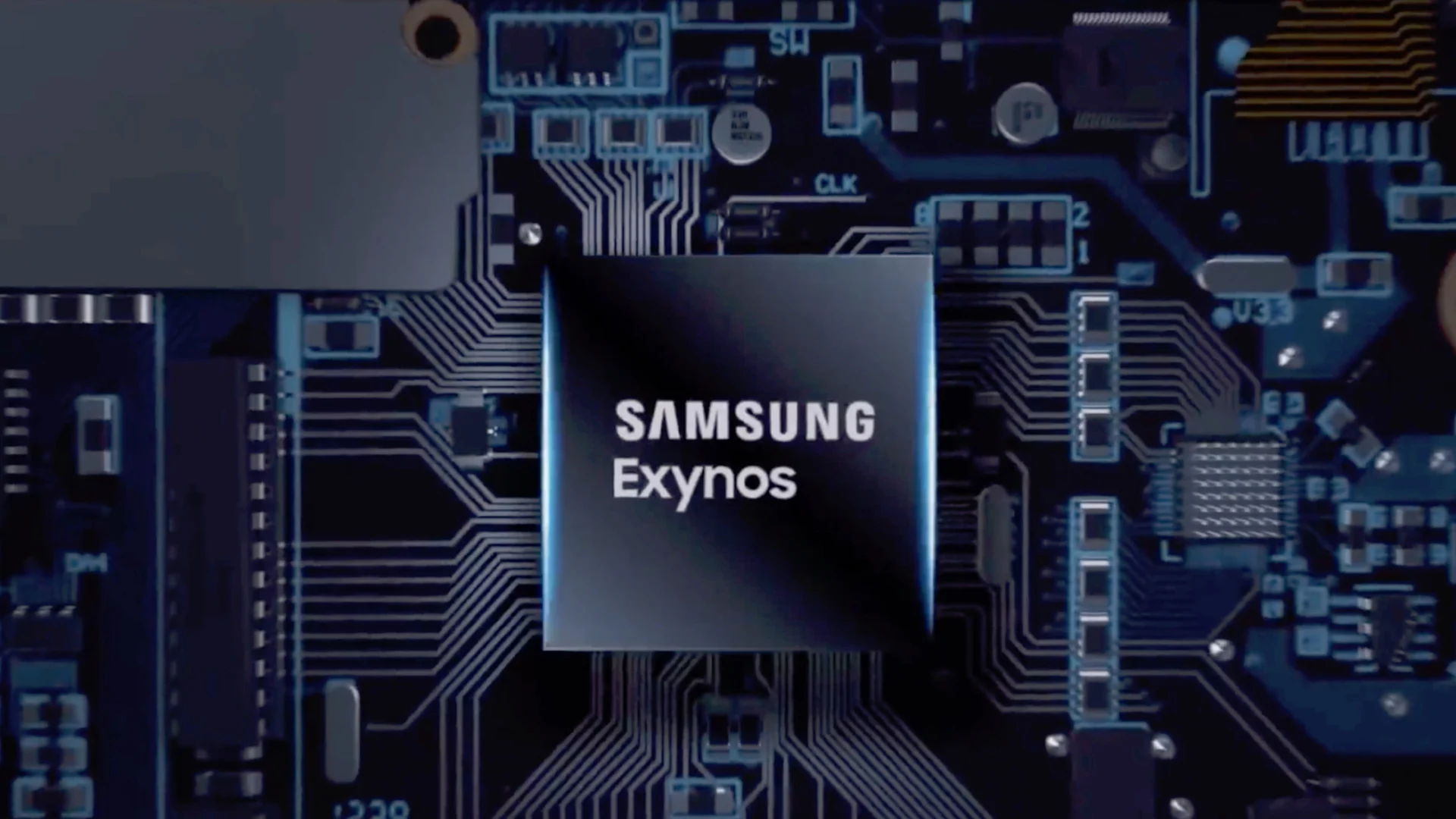Google researchers have announced a significant advancement in quantum computing, demonstrating the ability to simulate a complex system beyond the capabilities of even the most powerful supercomputers. This breakthrough marks a crucial step toward realizing the full potential of quantum simulation and its potential to revolutionize various scientific fields.
The research team, using Google’s Sycamore quantum processor, successfully simulated a system of interacting quantum particles. This simulation involved a level of complexity that would have been computationally intractable for classical computers, highlighting the power of quantum computing to tackle problems previously considered unsolvable.
“This experiment represents a major leap forward in our ability to understand and control quantum systems,” said a lead researcher on the project. “We’ve shown that quantum computers can now perform simulations that are simply impossible for classical computers, opening up new avenues for scientific discovery.”
The significance of this achievement lies in its potential to accelerate progress in fields such as materials science, drug discovery, and fundamental physics. By accurately simulating the behavior of complex molecules and materials, scientists can gain deeper insights into their properties and design new ones with tailored characteristics.
“Imagine being able to simulate the behavior of a new drug molecule with perfect accuracy before even synthesizing it in the lab,” explained a researcher involved in the study. “That’s the kind of power that quantum simulation can bring, dramatically reducing the time and cost associated with developing new treatments.”
The experiment involved creating a specific arrangement of qubits, the quantum equivalent of classical bits, and manipulating them to mimic the interactions between particles in the simulated system. The researchers then measured the state of the qubits to extract information about the system’s behavior.
The team emphasized the challenges involved in performing such a complex simulation, including the need to maintain the delicate quantum states of the qubits and minimize errors. They employed sophisticated error mitigation techniques to ensure the accuracy of their results.
“Building and operating a quantum computer is an incredibly complex engineering feat,” said a member of the research team. “We’ve made significant progress in overcoming the technical hurdles, but there’s still a lot of work to be done to build fault-tolerant quantum computers that can handle even more complex simulations.”
The researchers believe that this breakthrough is just the beginning of a new era of quantum-enhanced scientific discovery. They are now working on developing even more powerful quantum simulators that can tackle increasingly complex problems.
“We’re only scratching the surface of what’s possible with quantum simulation,” said a researcher. “As quantum computers become more powerful, we can expect to see breakthroughs in a wide range of scientific disciplines, from materials science and medicine to fundamental physics and cosmology.”
The ability to simulate complex quantum systems has long been a dream for scientists. Richard Feynman, a renowned physicist, recognized the limitations of classical computers in simulating quantum phenomena and proposed the idea of using quantum systems themselves to model other quantum systems. This concept, known as quantum simulation, has now taken a significant step closer to reality.
The Google team’s achievement builds upon years of research and development in quantum computing. They have previously demonstrated quantum supremacy, showing that their quantum processor can perform certain calculations faster than the most powerful classical supercomputers. This latest breakthrough further solidifies their position at the forefront of the quantum computing revolution.
While quantum computers are not expected to replace classical computers entirely, they are poised to become indispensable tools for tackling specific types of problems that are intractable for classical machines. Quantum simulation is one such area where quantum computers hold immense promise.
The researchers acknowledged the contributions of numerous collaborators and emphasized the importance of open collaboration in advancing the field of quantum computing. They expressed hope that their work will inspire further research and development in this exciting area.
The implications of this breakthrough extend beyond scientific research. Quantum simulation has the potential to impact various industries, including pharmaceuticals, chemicals, and energy. By enabling the design of new materials with desired properties, quantum simulation could lead to the development of more efficient solar cells, more durable construction materials, and more effective catalysts for chemical reactions.
The Google team’s achievement is a testament to the rapid progress being made in the field of quantum computing. While significant challenges remain, the future of quantum simulation looks bright, promising a new era of scientific discovery and technological innovation.










Add Comment